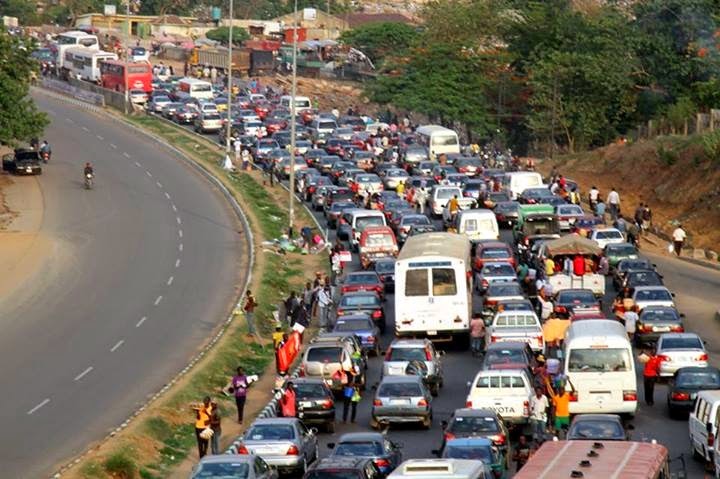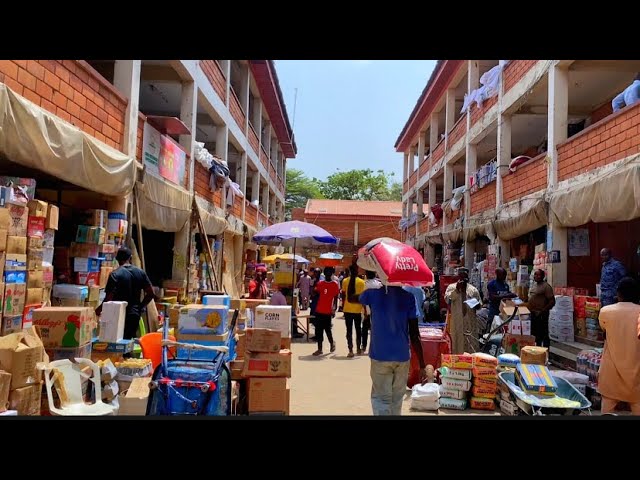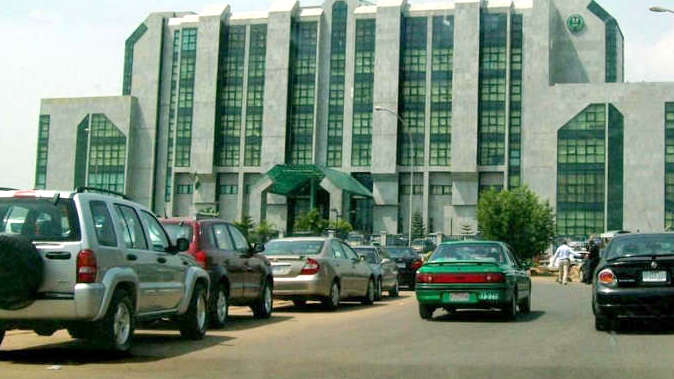- by Williams O.
- Jun 30, 2025
How to Survive Public Transport in Abuja Without Looking Lost

- By Williams O.
- • Mon, Jun 30 2025
- • in Guides

Abuja isn’t built like other cities — we don’t have danfos with loud conductors, or a big bus terminal with printed timetables. What we have is a confusing mix of taxis with no signs, kekes with no mercy, and shouting men at junctions expecting you to magically understand where they’re going.
In Abuja, public transport is not about direction — it’s about intuition, sharp ears, and small change.
Aminu T.
If you’ve ever stood at Berger feeling dumb because everyone else seemed to know what’s happening — you’re not alone.
🚕 First, Understand the System (Because There’s No Signboard)
Green taxis are shared rides — not private. They follow semi-fixed routes, mostly in town.
Unpainted cabs? Ask the price first. They’ll triple it if you don’t.
Keke Napep is your friend in the suburbs — Gwagwalada, Kubwa, Nyanya — but brace your spine.
Buses? Less frequent, slower, but cheaper. Good if you’re not in a rush (or on a tight budget).
🎯 Survival Tips If You’re New or Nervous
Always ask someone standing, not a driver, if unsure.
Listen for destinations being shouted: “Wuse, Wuse!” “Area 1!” “Jabi!”
Learn the junctions: Berger, Apo Roundabout, Wuse Market — they’re where most routes crisscross.
Hold ₦100 and ₦200 notes — nothing kills vibes like waiting for ₦900 change.
❌ Avoid These Rookie Mistakes
Don’t assume it’s “drop” because it’s a cab — ask if it’s charter or shared.
Don’t argue fare after the trip — settle price before you enter.
Don’t wear headphones near junctions — you will miss your ride and look very lost.
🤝 The Unexpected Upside
Yes, it’s chaotic — but you’ll also:
Learn shortcuts
Hear hot gist (sometimes uninvited)
Build sharp street skills
And one day — out of nowhere — you’ll shout your own junction with confidence. And that’s when you’ll know: you’ve entered.
💬 Got a Crazy Transport Story?
Send it to us or tag @abujamailonline with #ExploreAbuja — we’ll feature the most hilarious ones.




